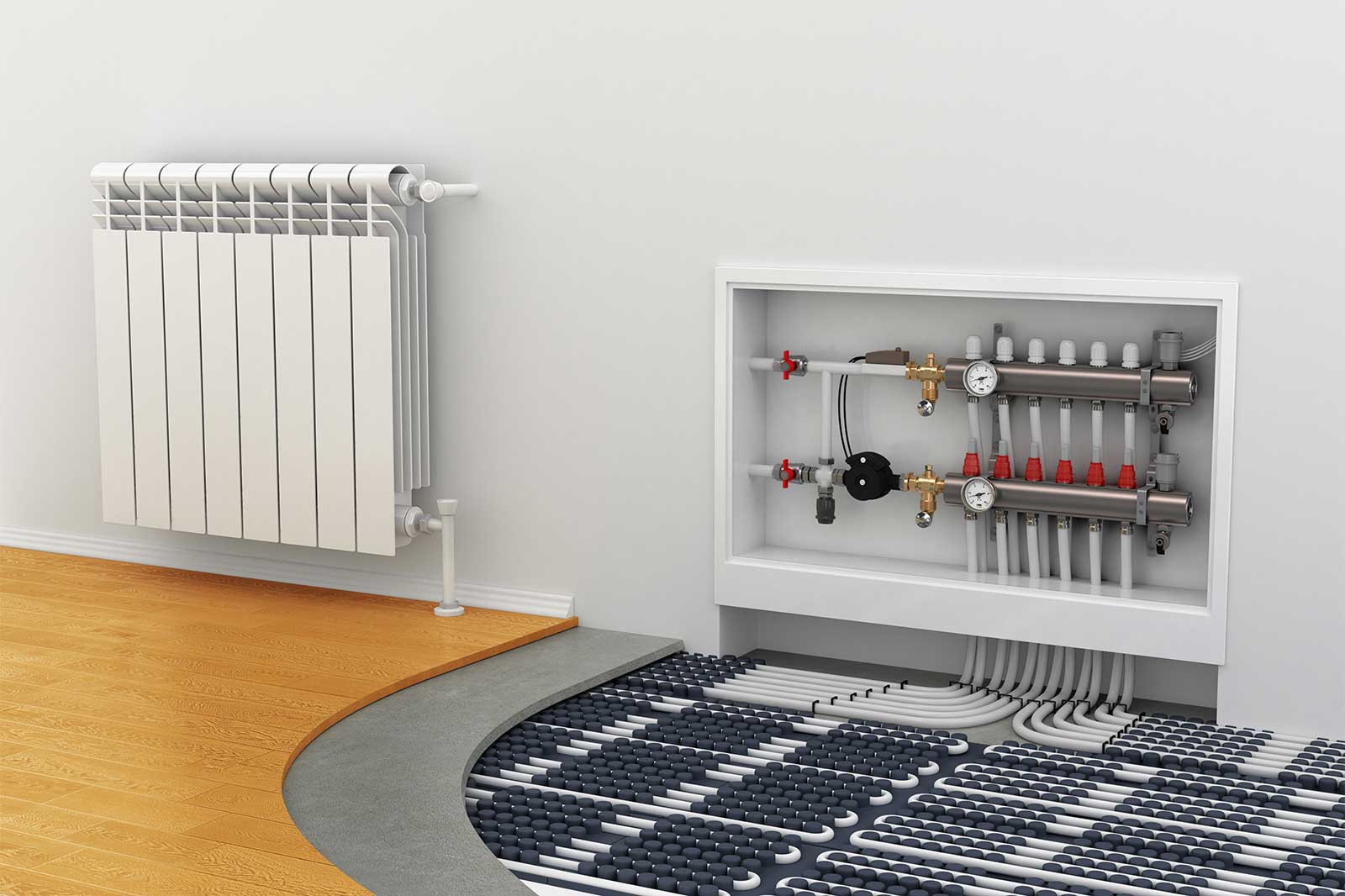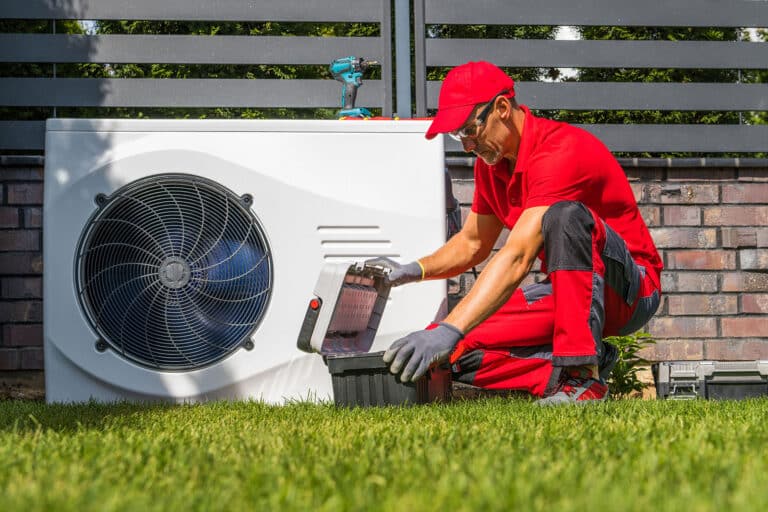Everything to Know About Hydronic Heating Systems
Hydronic heating uses a network of underground tubes to generate heat via boiled water. Read the comprehensive guide to understand how hydronic heating works.
As a homeowner, you may want a heating system that maintains an optimal temperature and does not weigh heavy on energy costs. If you are tired of trying various central heating solutions for your home, this heating system may be just what you need. What is hydronic heating and how does it work? It is a liquid-based heating system that uses water and a few other liquids to heat a household. Consulting with an HVAC contractor may help you decide on your next move.
What Is Hydronic Heating System?
The hydronic or radiant heating system is an excellent solution to residential heating problems. Getting one for your home can resolve your temperature maintenance issues seamlessly. The hydronic system uses heat and a tube network to transport the hot fluid to various parts of your home.
What is a hydronic heating system, and why should you get one? This central heating system offers you the flexibility of seamless installation. You can choose from floor systems, wall heating, hydronic baseboard heaters, towel warmers, and other types to suit your needs.
Common Types of Hydronic Heating systems
There are several different types of hydronic heating systems available for homes. To determine the best option for your home, it’s recommended to consult with a contractor in your area. However, we’ve provided a brief overview of the most common types below to give you an idea of what’s available.
Boiler Heating System
Hydronic boilers use water to heat the home. The boiler heats the water to a certain level and allows it to circulate through the tubes for heating a room or the house.
Furnace Heating System
Furnace heating systems are widely famous for heating homes. You can use a hydronic furnace heating system to achieve the desired warmth. Typically, furnace systems use pressure (air), oil, or gas to heat a room or the house.
Radiant Heating Systems
Radiant heating systems use hot water furnace boilers for heating via underground tubes. These systems are ideal for saving energy and seamless heating. You may not notice air vents and exhausts inside the home with a radiant heating system.
Space Heating Systems
Space heaters use electricity or oil to generate heat. These systems also use fuels like propane (in some cases) for heat generation. Hydronic electric boilers heat the liquid to spread warmth throughout the house.
What Are the Benefits of a Hydronic Heating System?
Hydronic heating systems fulfill the needs of modern households. Whether you want to achieve targeted heating or centrally heat the place, getting a hydronic heating system can resolve your problems. For your review, we have covered a few core benefits of hydronic systems below.
Zone-Based Heating
One of the top benefits of hydronic systems is zoned heating. Instead of a single thermostat operating the whole system, you can set variable temperatures for different rooms. For instance, if you like it warmer than some of your family members like, you can set your room’s heat according to your needs.
Optimal Humidity
Unlike air-based home heating systems, radiant heating maintains optimal humidity levels indoors to prevent dryness. These systems use liquids like water for heating homes. You can let go of your humidity worries when using a radiant system.
Floor Heating
The hydronic heating system is an ideal solution for cold floors. The tubing network generates heat to keep the floor warm. When stepping out of bed on cold mornings, you can walk barefoot inside the room.
Seamless and Soundless
Hydronic heating has a major advantage over other systems due to its silent operation. You can enjoy seamless heating throughout the home and sleep peacefully without noise. The concealed tubing network works without producing any sound.
How Does Hydronic Heating Work?
Hydronic systems use a hydronic heat boiler to generate heat via conduction. Once the boiler heats the liquid in the tubes, the system circulates it throughout the (installed) network. The conduction-based heating system heats anything it touches as it circulates the fluid. Households use hydronic systems on floors and walls to ensure all-around warmth.
If you live in an area that remains cold for longer, you may opt for hydronic boiler systems for central heating. Consulting a contractor can help you determine the best boiler type and tubing network to achieve your desired temperature. Hydronic water heating comes in handy if air-based heating systems do not fit your needs.
Choose the Best Hydronic Heating Boiler for Your Home
The search for the best heating system for your home can be exhausting. With so many options in the market, you may need help picking one over the other. Before you decide, consider a few factors to make an informed choice. Firstly, check which heating system suits your area. You may need a large-scale system for better outputs if it is too cold.
You may also determine the hydronic heating system costs for your home. A professional contractor can help you in this regard. How long does a hydronic boiler last? Many users ask this question before getting a radiant heating system. You can ask your contractor about the quality and life of the heating system for an informed decision.
Blue Valley Heating and Cooling has an excellent reputation in Colorado for superior-quality HVAC systems. Here is why you should consult the experts at Blue Valley Heating.
Get in touch with the company today to get your hydronic heating boiler today!



